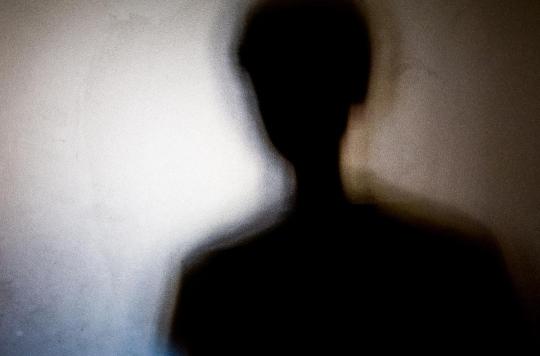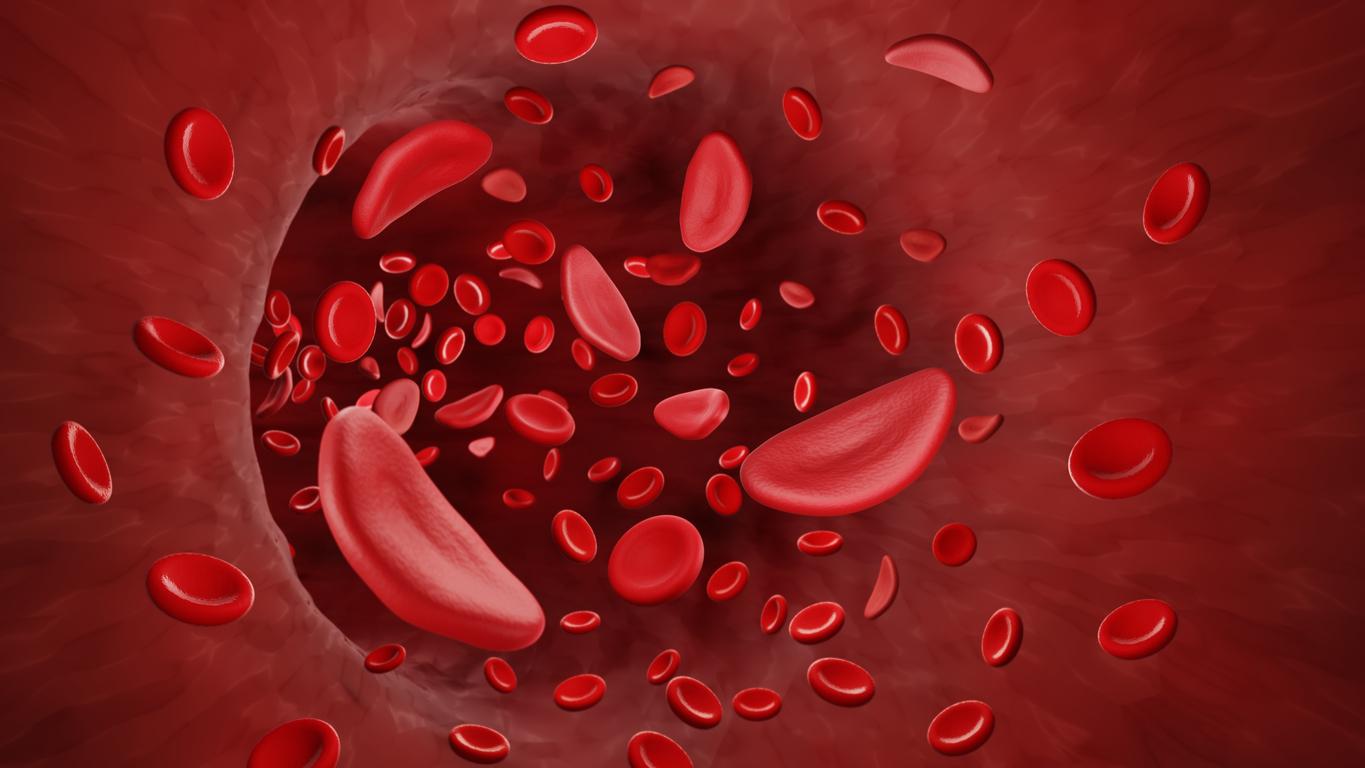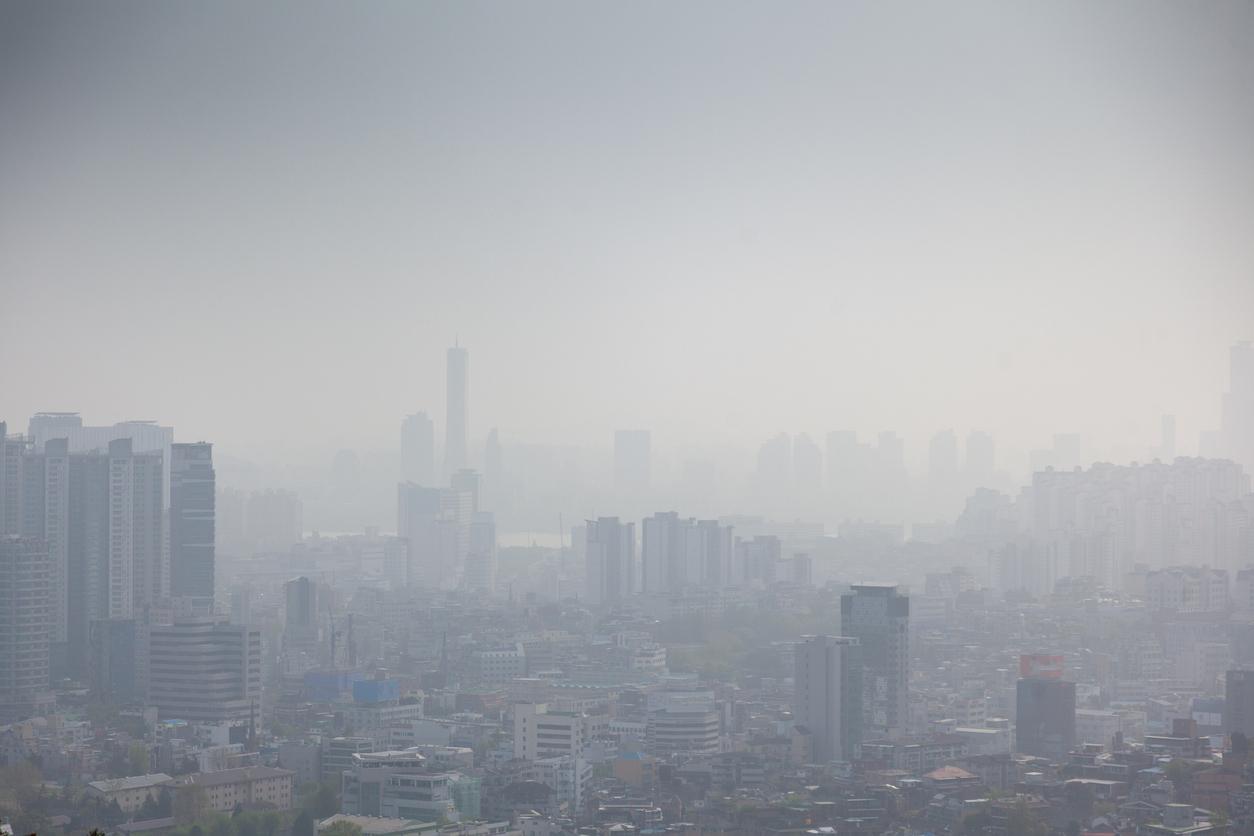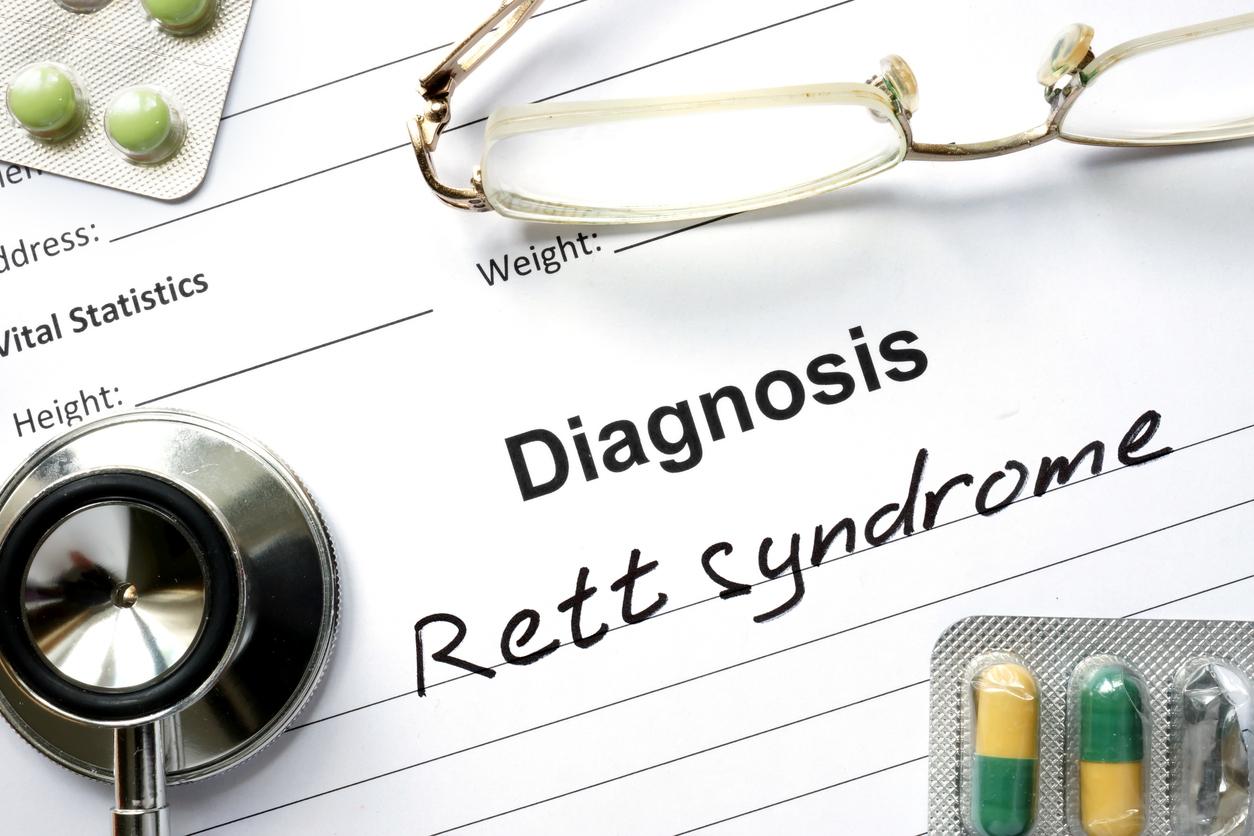Many studies have shown that racism has a considerable influence on the psychological and physical health of people who experience it.

- Some racialized people somatize the discrimination they suffer
- Experiencing racism can lead to an inflammatory reaction
- Racism affects the quality of sleep, self-esteem and worldview of children who experience it
The death of George Floyd, the umpteenth victim of police violence perpetrated on people of color in the United States, has raised a wind of protest and his words “I can’t breathe” have become those of a generation tested by centuries of racial discrimination. In addition to the indignation aroused by the murder of this father, it is important to remember that racism and discrimination considerably harm the health of the people who are victims of it.
The somatization of the discrimination suffered
In France, although the ethnic statistics are prohibited, numerous studies have reported the physical and psychological repercussions linked to racial discrimination. Betel Mabille, trainer and expert in issues related to racism and discrimination, explains in a report than some racialized people somatize the discrimination they experience — somatization corresponding to the fact that a psychological problem gradually becomes physical.
We then speak of psychosomatic illnesses, most of the time caused by stress and anxiety related to a traumatic situation or event. “This can result in physical symptoms: pain, rashes, muscle pain, joint pain, etc..”details Betel Mabille.
The aggressions or micro-aggressions suffered by certain racialized people can cause constant, even chronic stress and cause cardiovascular, digestive and/or mental illnesses (hypertension, ulcers, abdominal pain, blood circulation problems, cancer, etc.), harmful effects of stress on health no longer need to be proven.
“People who are racialized or experience discrimination in general will be constantly vigilant and stressed because they keep in mind the idea of suffering an aggression or micro-aggression.explains the expert. In terms of mental health, this stress can translate into depression, anxiety, low self-esteem, irritability, eating disorders, substance use or even aggression..”
Racism leads to an inflammatory reaction
Clinical psychologist April Thames demonstrated in one of her studies published on the site of Cambridge University (UK) that racism impairs the neuropsychological performance of victims and engenders an inflammatory reaction, one of the main drivers of the disease. “A relatively new field called social genomics shows how the function of genes — called gene expression or genetics — is influenced by social conditions.”she explains to the site IflScience.
Some “marginalized” people have abnormal genetic activity, according to the researcher, particularly in terms of their innate immune response. “Innate immunity is the body’s way of fighting and reacting to foreign pathogens. Doctor Steve Cole [de l’université de Californie à Los Angeles, NDLR] called this pattern of gene activity the ‘transcriptional response to adversity’. It refers to the activity of genes controlling innate immunity under positive or negative environmental conditions.”
In addition, suffering from racism and/or discrimination can lead to complex biochemical events that activate inflammatory genes and lead to disease.
The consequences for the health of children and adolescents
In 2018, the scientific journal JAMA Pediatrics published the results of a study looking at the health consequences of racism among American adolescents between 2016 and 2017. According to the researchers, self-reported level of concern about increasing racial discrimination was associated with higher illicit substance use. high and to a greater number of different substances consumed.
Racialized adolescents had a higher risk of depression (+11%) and a 12% higher risk of suffering from attention deficit/hyperactivity disorder (ADHD), a neurodevelopmental disorder characterized by inattention. , impulsivity and hyperactivity. These symptoms are a real handicap, especially for school learning.
The following year, the American Academy of Pediatrics (AAP) alerted in a report on the adverse health effects of racial discrimination against children. According to Jackie Douge, pediatrician at the Howard County Health Department and co-author of the report, racism affects the quality of sleep, self-esteem and worldview of children who experience it.

.

















